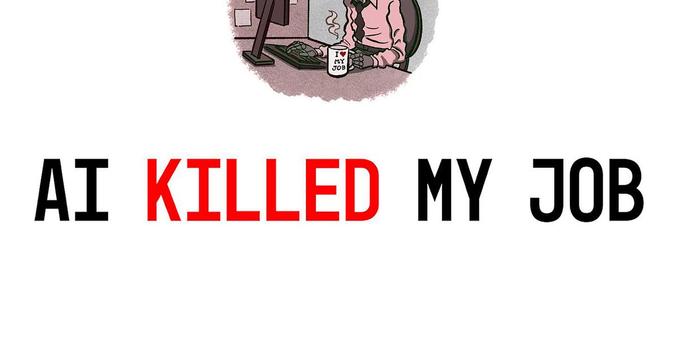Unpopular opinion: Classic Lisp/Scheme isn't a great first programming language.[1]
When I learned Lisp in school I was incredibly confused by the difference between functional programming in the sense of passing functions and creating macros.
That key distinction and difference is important, and the homoiconicity[3] made that distinction less clear than it needed to be.
Teach Scheme second or third if you like, not first.
#Lisp #Scheme #CompterScience #ComputerProgramming
[1] No I'm not talking about LOGO.[2]
[2] If LOGO was your first programming language (it was mine) then you're old.
[3] This is the Fediverse and now I'm sure someone is going to change their username to"Homoiconicity"



